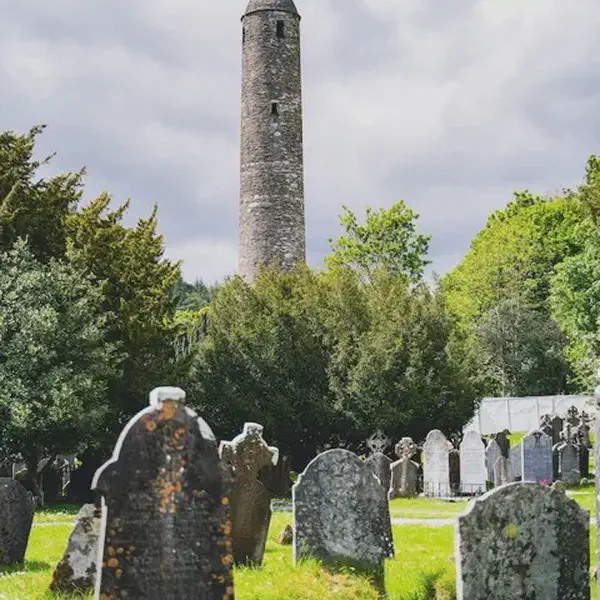
Cromwell Defeated Scots at Battle of Dunbar.
September 03, 1650
The Battle of Dunbar (3 September 1650) was a battle of the Third English Civil War. The Parliamentary forces under Oliver Cromwell defeated Charles Stuarts Scottish army commanded by David Leslie.
After defeating a Scottish invasion of England at the Battle of Preston, an English army of 16,000 men had invaded Scotland on 22 July 1650 and laid siege to Edinburgh, but Leslie refused battle. During early August the Covenanters chose to institute a searching three days examination of the political and religious sentiments of Leslies army. The result was that the army was purged of Malignants, 80 officers and 3000 experianced soldiers, while it lay within musket shot of the enemy. Their ranks were to some extent made up with replacements with strong spiritual beliefs but little military experience.
At the end of August, the English, exhausted and running out of supplies, were forced to retreat, first to the port of Musselburgh where the sick and wounded were shipped back to England, and then further southeast to Dunbar. By 1 September 11,000 English soldiers were camped to the south of Dunbar, but the Scottish forces, numbering 23,000, had got ahead of them and captured Doon Hill, blocking the road to Berwick-upon-Tweed. Leslie planned to wait on Doon Hill: if the English attacked him up the steep escarpment they would surely lose, and if they refused battle, hunger and sickness would soon reduce them to the point of surrender. But on 2 September the leaders of the Covenanters decided to attack the English the next day, and the Scottish army moved down from the hill to prepare for the battle.
Cromwell pre-empted the Scottish plans by a night attack early on 3 September. Taking the Scottish completely by surprise, the English cavalry broke the Scottish line and routed Leslies army. 3,000 Scottish soldiers were killed and 10,000 taken prisoner, and the rest scattered in disarray. 5,000 prisoners were marched to Durham Cathedral: more than 3,000 died of starvation, dysentry and typhus, and the survivors transported as indentured servants. The English armys casualties were twenty dead and fifty eight wounded[1].
Although this was a military disaster for the Scottish allies, it worked to Charles IIs advantage because the influence of the Church of Scotland was reduced and he was able to raise another Scottish army, under his direct command, which he used to invade England in 1651. This second army, was to be defeated by Cromwell at the Battle of Worcester on the the first anniversary of Dunbar.